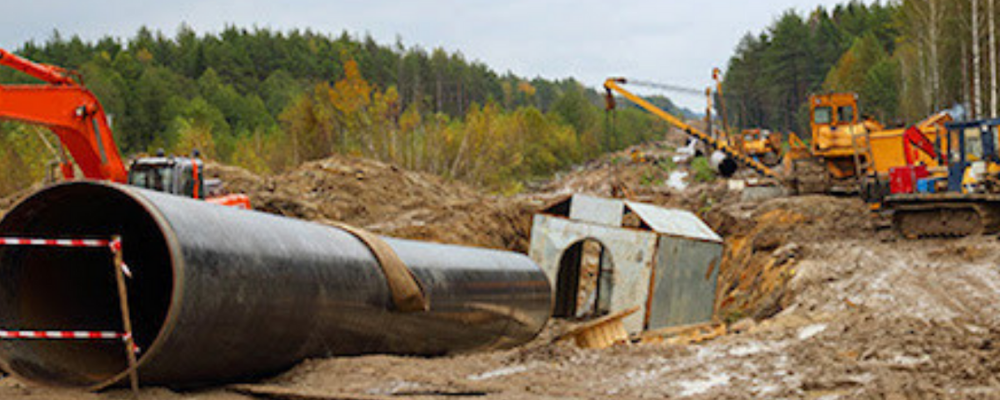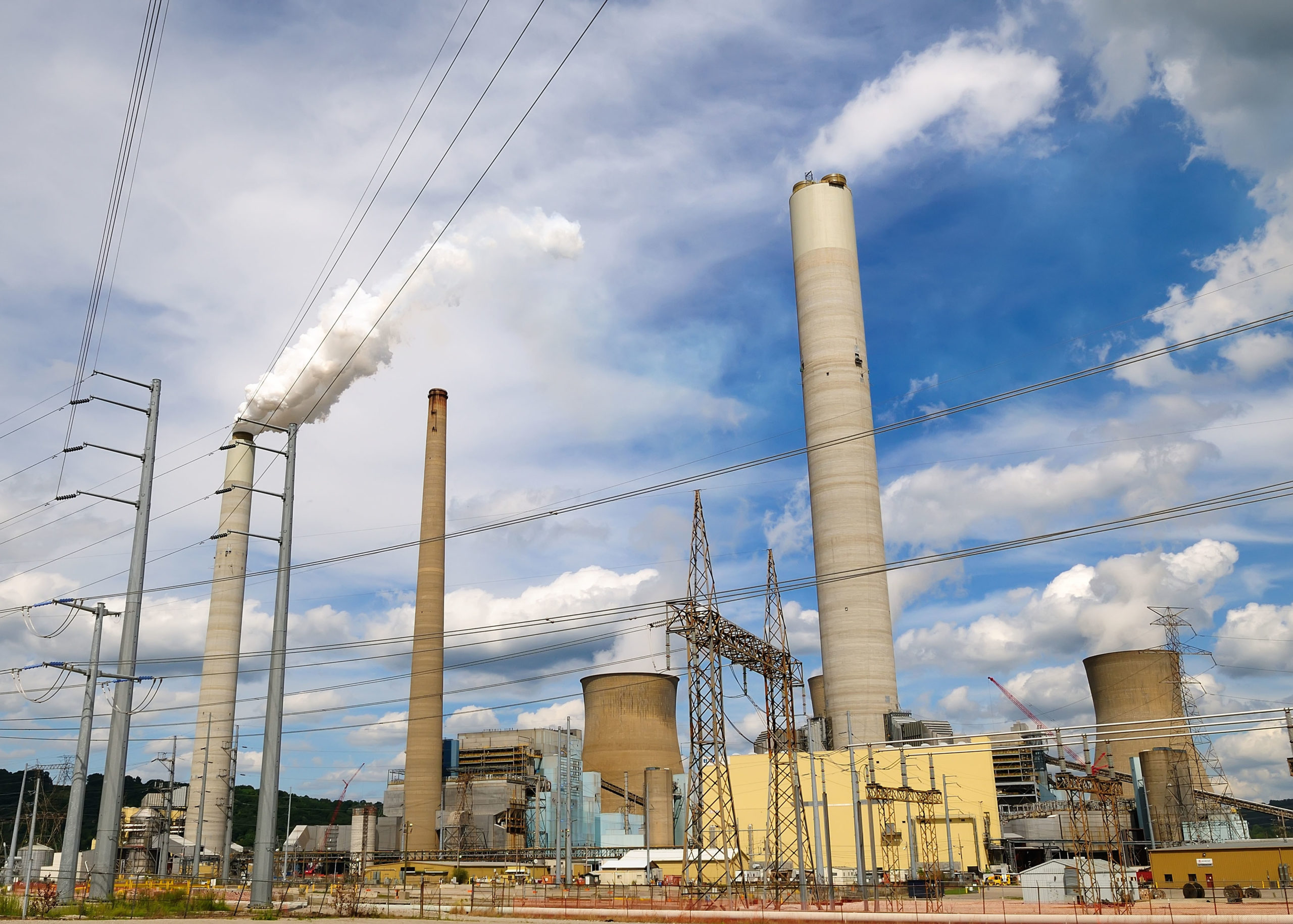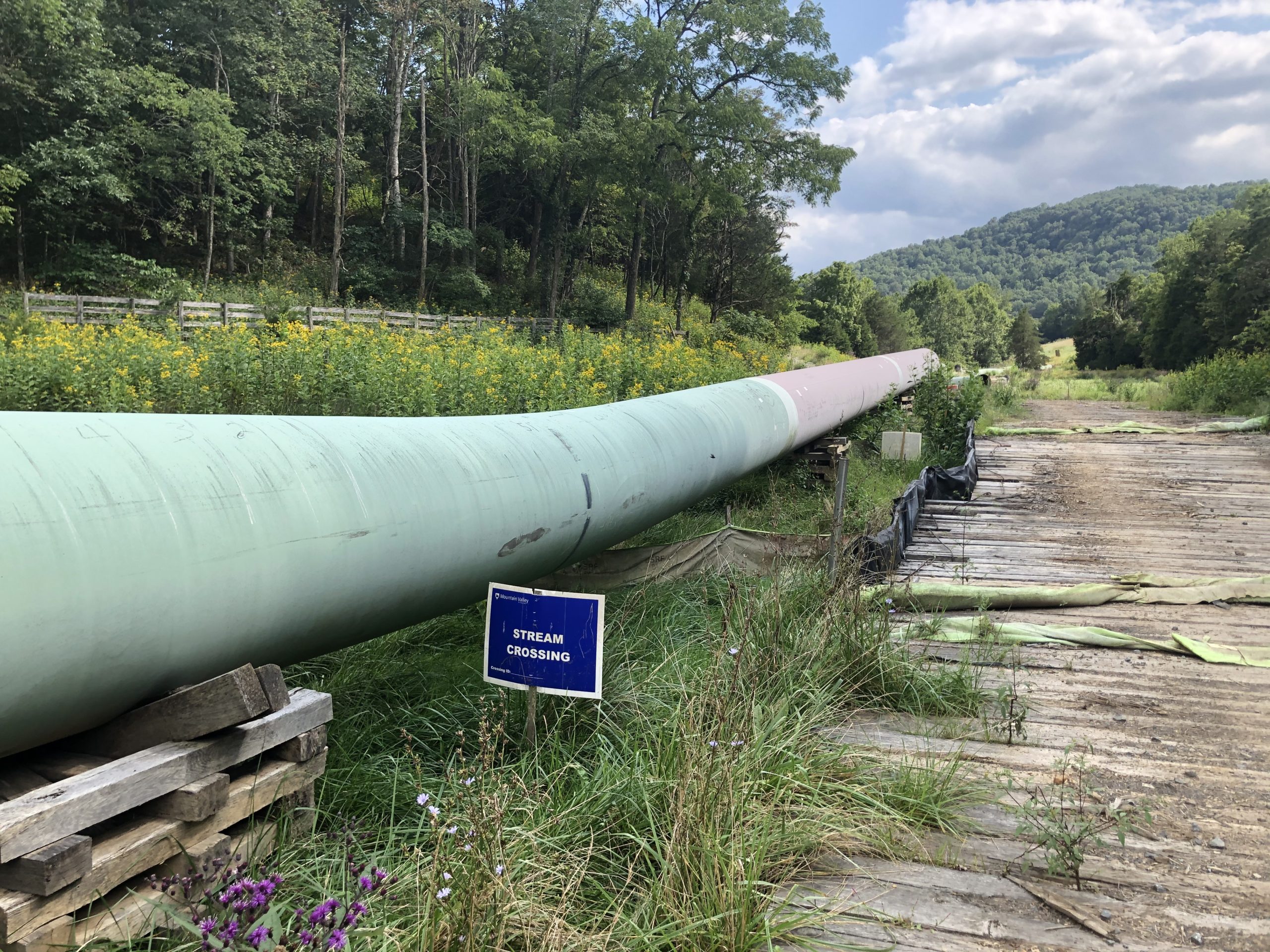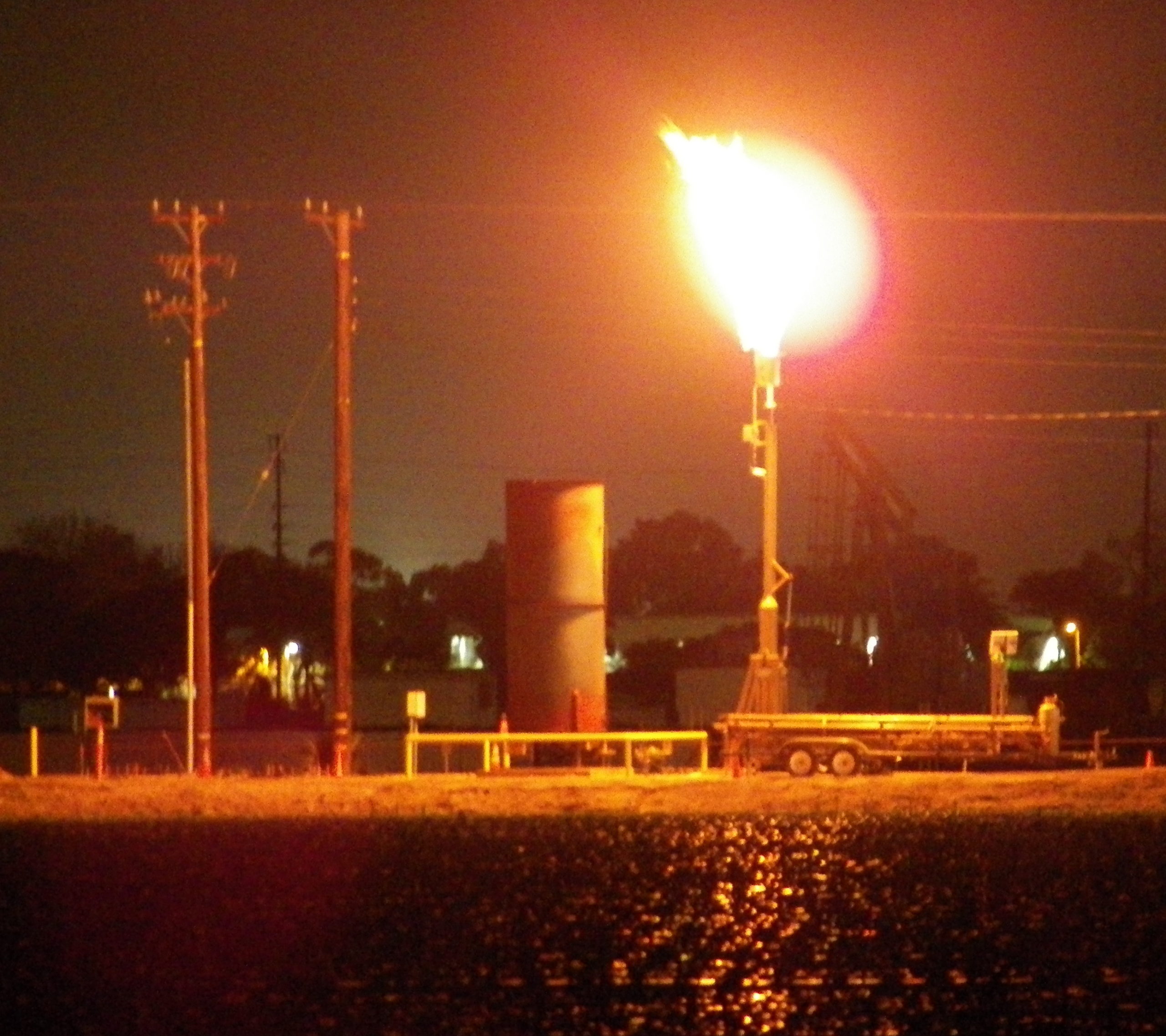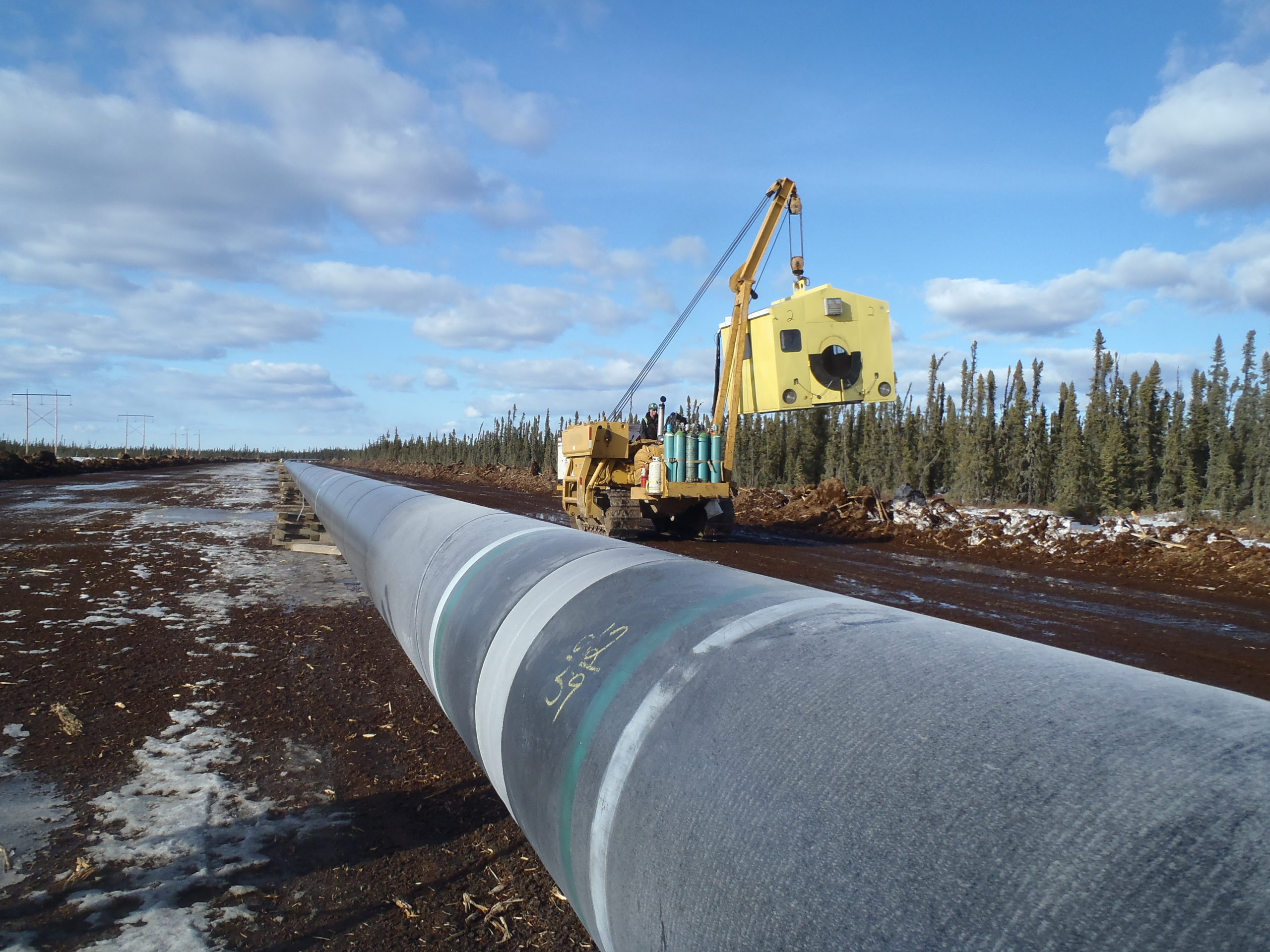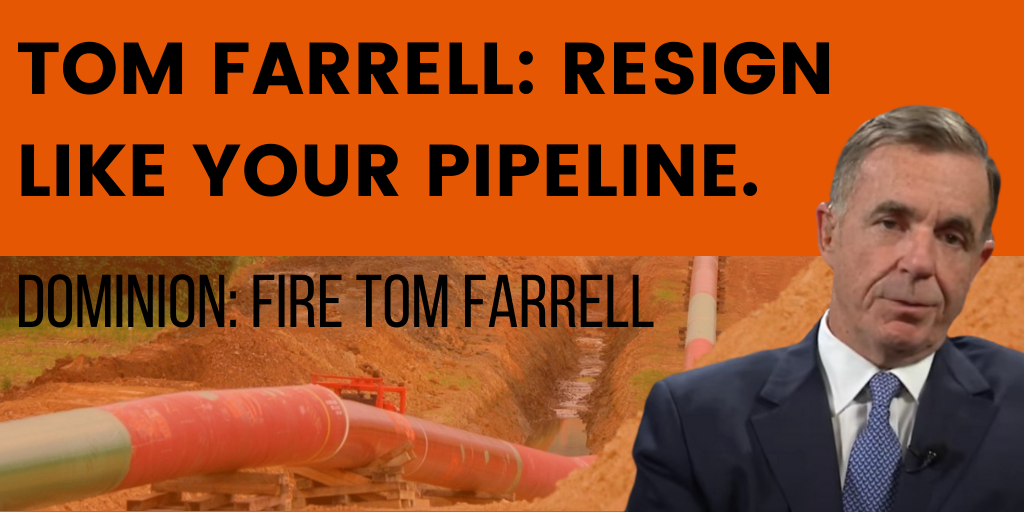Allies Sue EPA Over Failure to Update Inadequate, Decades-Old Standards for Controlling Toxic Emissions
FOR IMMEDIATE RELEASE: Thursday, October 29, 2020
Washington, D.C. – A coalition of ten environmental organizations today sued the Trump Administration’s EPA over its failure reduce toxic air pollution from industrial flares at petrochemical plants, gas processing facilities, municipal solid waste landfills, and other large industrial sites.
Across the country, thousands of industrial flares burn excess waste gases and release smog-forming volatile organic compounds (VOCs), hazardous pollutants (such as carcinogenic benzene), and other pollutants that threaten the health of people living downwind, which often include communities of color and lower-income neighborhoods.
EPA has not updated two sets of air pollution control standards for industrial flares in decades—34 years and 26 years, respectively—even though the federal Clean Air Act requires the agency to review them at least once every eight years to make sure they adequately protect the public and incorporate improvements in technology.
“It’s been far too long since EPA updated these industrial flare standards, and EPA is well aware of the problem,” said Adam Kron, Senior Attorney for the Environmental Integrity Project (EIP). “Time and time again over the past decade, EPA has admitted that flares operating under these outdated standards can release many times more toxic air pollutants into local communities than estimated. This can cause serious harm to public health.”
Joseph Otis Minott, Esq., Executive Director and Chief Counsel of Clean Air Council, said: “There is no excuse for continuing to permit antiquated pollution-controlling technology in new industrial facilities. EPA has a responsibility to protect our air and our health, and it cannot do so while sleeping at the wheel.”
The organizations that filed the lawsuit –– following notices of intent to sue EPA sent on June 11 and August 17, 2020 – are EIP, Clean Air Council, Air Alliance Houston, Chesapeake Climate Action Network, Earthworks, Environment America, Environment Texas, Hoosier Environmental Council, PennEnvironment, and Texas Campaign for the Environment.
Industrial facilities, like chemical manufacturers and natural gas processing plants, use flares as pollution control devices to burn and destroy dangerous organic compounds like benzene in waste gases. However, the flares are only effective as pollution control devices if they are operated correctly. In a recent rulemaking, EPA estimated that one industry sector’s flares were operating at 90.4-percent efficiency rather than the expected 98 percent, resulting in the flares releasing almost five times the pollution.
For example, operators inject steam into flares to keep them from smoking, which releases soot or fine particle pollution. But they often add far more steam than is needed. EPA and industry studies have shown that flares that are over-steamed do not burn well, releasing many times more toxic and smog-forming compounds that should have been destroyed during the combustion process. Additionally, the current standards let operators average their measurements over long, three-hour periods rather than a shorter time, allowing for spikes that depart from proper operation.
The industrial flares subject to the outdated standards that are the focus of today’s lawsuit include flares at petrochemical facilities, gasoline terminals, natural gas processing plants, compressor stations, solid waste landfills, and other large industrial sites. These do not include flares at petroleum refineries, for which EPA updated standards in 2015, or flares at oil and gas wells, which have unique standards.
Using outdated standards, industrial flares can release large amounts of air pollution at the local level. For example. For example, in Texas’s Permian Basin, flares from a gas processing plant owned by Oxy USA LLC’s in Gaines County, reported emissions of 136 tons of volatile organic compounds (VOCs) in 2017, according to the Texas Commission on Environmental Quality.
Quotes from Environmental Organizations:
Environment Texas: “In our Clean Air Act lawsuit against ExxonMobil, an expert on industrial flares testified at trial that illegal flaring emissions from the company’s Baytown petrochemical complex were probably three to four times higher than the amounts ExxonMobil reported — and that testimony went completely unrebutted,” said Luke Metzger, Executive Director of Environment Texas. “These hidden impacts on surrounding communities are significant, as the reported violations alone already totaled 10 million pounds of harmful chemicals.”
PennEnvironment: “While many people may look back fondly and love the 80s, we’d all agree that technology and the things we know about air pollution have dramatically improved over the past three decades,” said PennEnvironment Executive Director David Masur. “Health based standards from the 80s are in no way acceptable for protecting public health, our communities and our environment today.”
Chesapeake Climate Action Network: “For too long, fossil fuel companies have been allowed to emit dangerous levels of pollution at industrial facilities that are all too often located in minority communities,” said Anne Havemann, General Counsel at the Chesapeake Climate Action Network. “Virtually unchecked industrial flaring at these facilities harms the climate, health, and justice, and the EPA must fix its illegally outdated rules as soon as possible.”
Hoosier Environmental Council: “With a ranking of 43rd in air quality, 41st in health outcomes, and 19th in COVID-19 deaths per capita, there is a great urgency in Indiana to strengthen air quality protections to reduce harm to an already vulnerable population,” said Jesse Kharbanda, Executive Director of the Hoosier Environmental Council. “We urge the EPA to revise the badly out-of-date flare standards; revisions would improve air quality in at least five of six regions of Indiana.”
Texas Campaign for the Environment: “Industrial flares light up the skies with toxic pollution near the homes, schools and workplaces of many Texans,” said Robin Schneider, Executive Director of Texas Campaign for the Environment. “People rightly fear for the health of their families and neighbors, particularly overburdened communities of color,” said Robin Schneider, Executive Director of Texas Campaign for the Environment.
Earthworks: “The EPA has neglected to properly review the harmful effects of flaring on the health of nearby residents for decades,” said Aaron Mintzes, Senior Policy Counsel for Earthworks. “Optical gas images (OGI) documented in the field show improperly combusing flares and reveal the urgent need for the EPA review this litigation seeks.”
For a copy of the lawsuit, click here.
The Environmental Integrity Project is an 18-year-old nonprofit organization, based in Washington D.C. and Austin, Texas, that is dedicated to enforcing environmental laws and strengthening policy to protect public health.
Clean Air Council is a member-supported environmental organization dedicated to protecting and defending everyone’s right to a healthy environment.
Air Alliance Houston is a non-profit advocacy organization working to reduce the public health impacts of air pollution and advance environmental justice.
The Chesapeake Climate Action Network (CCAN) is the first grassroots, nonprofit organization dedicated exclusively to fighting global warming in Maryland, Virginia, and Washington, D.C.
Earthworks is a national nonprofit dedicated to protecting communities and the environment from the impacts of fossil fuels and striving for a just, equitable, and fair transition to clean energy.
Environment America is a national network of 29 state environmental groups that work for clean air, clean water, clean energy, wildlife and open spaces, and a livable climate.
Environment Texas is a non-profit advocate for clean air, clean water, and open space.
The Hoosier Environmental Council is Indiana’s largest environmental public policy organization, working to address environmental justice, protect land and water, and advance a sustainable economy.
PennEnvironment is a statewide, citizen-based nonprofit environmental advocacy group working for clean air, clean water, tackling climate change and preserving Pennsylvania’s incredible outdoor places.
Texas Campaign for the Environment (TCE) is a nonpartisan, nonprofit organization dedicated to informing and mobilizing Texans to protect the quality of their lives, their health, their communities, and the environment.
###
Media contact: Tom Pelton, Environmental Integrity Project, (443) 510-2574 or tpelton@environmentalintegrity.org
Justin Wasser, Earthworks, (202) 753-7016 or jwasser@earthworks.org



